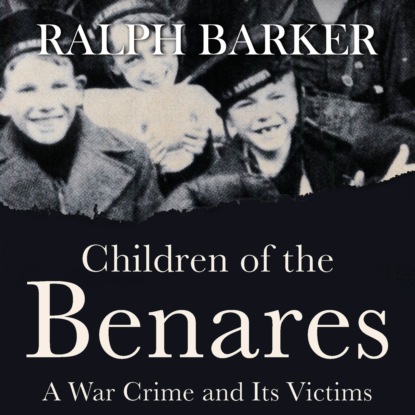Children of the Benares (Unabridged)
- 01.mp325:10
- 02.mp320:50
- 03.mp314:00
Полная версия
When the passenger liner City of Benares sailed from Liverpool on Friday, 13 September 1940 she was carrying 90 evacuee children from the bombed cities of Britain, bound under a government-sponsored scheme for a safe haven in Canada. Her sinking by U-boat four days later, without warning, in total disregard of the plight of survivors and in defiance of international law, shocked and horrified the civilised world. Of 406 people on board 256 were lost – including, at a first count, 83 of the evacuee children. In Britain and the Commonwealth the reaction was one of righteous indignation, accompanied by an intense desire for retribution. Nor was the propaganda value neglected, a broadcast by King George VI the day after the news broke being clearly directed at neutral America. 'The world,' he said, 'could have no clearer proof of the wickedness against which we fight than this foul deed.' Suspicions subsequently arose, however, that the British authorities had quite as much to answer for as the Nazis. Parents who, despite many misgivings, had entrusted their children to the scheme when invasion threatened, began to ask questions when they learned that the promised naval escort had abandoned the convoy twenty-one hours before the Benares was sunk. Allegations that crew members had rushed the boats, that emergency equipment had failed, and that the whole voyage had been undertaken under the blight of racial prejudice, demanded a formal investigation. But somehow this was avoided, and the scandal was successfully hushed up. Children of the Benares is a vivid and poignant reconstruction of the disaster, as well as an investigation into what really happened behind the scenes at the Admiralty and the Ministry of Shipping. The result is a harrowing story of human fallibility and human survival.
- О книге

















